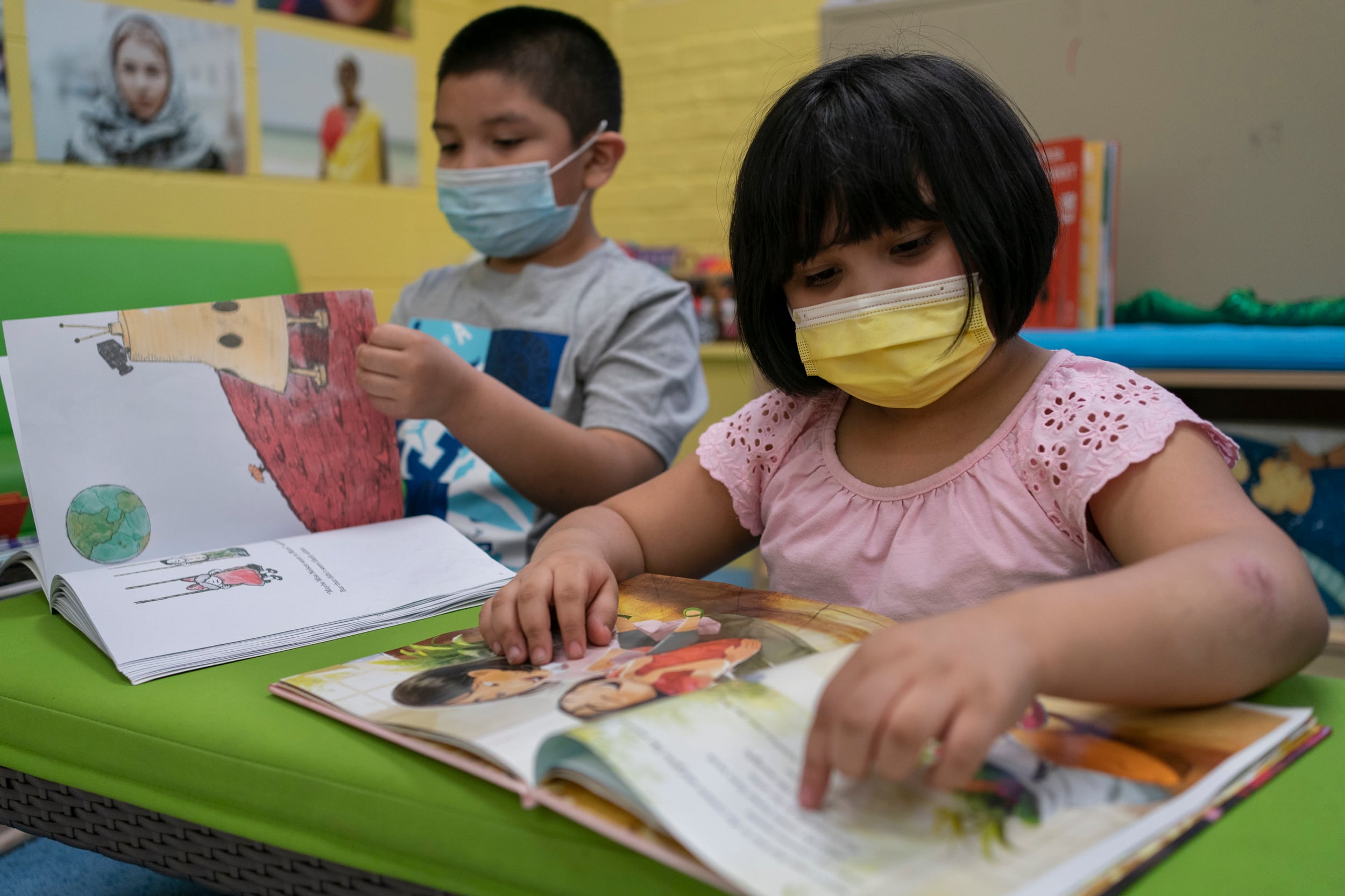Colorado soon will require prospective elementary, early childhood, and special education teachers to take a more in-depth exam on reading instruction to earn their state teaching licenses.
The State Board of Education voted unanimously Wednesday to adopt the new exam, called the Praxis 5205. The requirement will take effect Sept. 1 for all teacher candidates who are taking licensure tests for the first time on or after that date.
The shift to a test that demands prospective teachers have more knowledge about reading instruction aligns with the state’s ongoing push to boost reading proficiency rates among Colorado students.
State officials said they’d heard concerns from some teacher preparation program leaders that the new test could make it harder for prospective teachers of color to enter the field because they have historically not passed licensure tests at the same rates as have white teacher candidates.
“We have heard these concerns for several years and we’ve actually held them ourselves,” said Colleen O’Neil, associate commissioner of educator talent at the Colorado Department of Education. “There are competing challenges in the adoption of this reading exam.”
But she also indicated that the state can balance the two needs — for high-caliber reading instruction and a diverse teacher workforce — while moving ahead with the shift in exams.
Board member Rebecca McClellan said ensuring good reading instruction is non-negotiable.
“We have to make sure that our instructors that we are putting out into Colorado classrooms are prepared to give every student their best shot at learning how to read effectively,” she said.
While some teacher prep leaders suggested waiting until a newly authorized group that will study barriers to teacher workforce diversity finishes its work, the board resisted delaying the exam adoption.
“I don’t want to wait,” said board member Lisa Escárcega. “We could be playing this game forever.”
Currently, Colorado elementary and special education teacher candidates take an elementary licensure test that includes subtests on reading, math, science and social studies. The new exam will replace the reading subtest. For early childhood candidates, the Praxis 5205 would be an additional test on top of the existing early childhood education Praxis exam.
The addition of the Praxis 5205 will increase the cost of licensure exams for teacher candidates depending on the area of licensure.
Elementary teacher candidates currently pay $170 for their licensure exam. With the new exam, they’d pay a total of $296.
The cost for special education candidates — who also take a Praxis exam on special education topics — would go from $290 to $416. For early childhood candidates — who currently take only a Praxis exam on early childhood topics — the cost would increase from $156 to $302.






